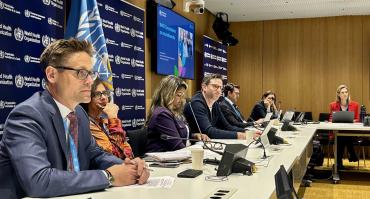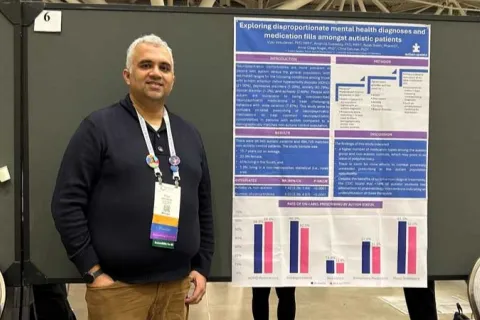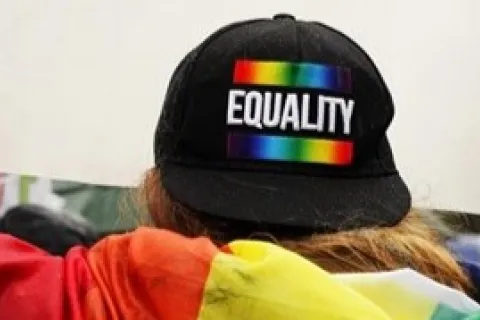Broadening our approach to neurodiversity
By Andy Shih October 16, 2024I’ve had the privilege of serving the global autism community for over 20 years. During that time, I’ve witnessed a fundamental shift in how we understand autism. What was once seen through a narrow medical lens has evolved into a broader and more nuanced perspective, thanks in large part to pioneering self-advocates like Temple Grandin and Stephen Shore.
Their voices—and the growing body of scientific evidence—have elevated autistic people’s visibility and deepened society’s understanding and appreciation for their differences. As a community, we have learned to embrace neurodiversity and recognize that autistic people are not defined by deficits, but by the richness they contribute to the human experience.
This year’s WHO Mental Health Forum marked a historic moment, as it was the first time the organization directly engaged in a conversation about neurodiversity in the context of global advocacy and policymaking. Throughout the Forum, two themes stood out to me: the importance of representation, and the need to approach neurodiversity from a broader, intersectional context.
Representation is not just about uplifting the voices of people who can advocate for themselves or those of parent advocates speaking on behalf of their children. We need to ensure that those with higher support needs—including those who communicate through AAC or other means—are part of these conversations. We also need to empower individuals from lower-resource areas to speak out about their lived experiences. Without their inclusion, we create gaps in our understanding and limit our ability to develop effective solutions for everyone.
Neurodiversity encompasses far more than just autism. We need to adopt a holistic view that includes individuals with other developmental and mental health conditions. The various members of the disability community all bring unique perspectives to the table, and it’s critical that their voices are heard and understood in our discussions about mental health.
The progress we’ve made is inspiring, but there is still work to do. Let’s continue pushing for representation that reflects the full spectrum of experiences and ensure that everyone has a seat at the table. Only then can we create solutions that meet the needs of all members of our global disability community.








